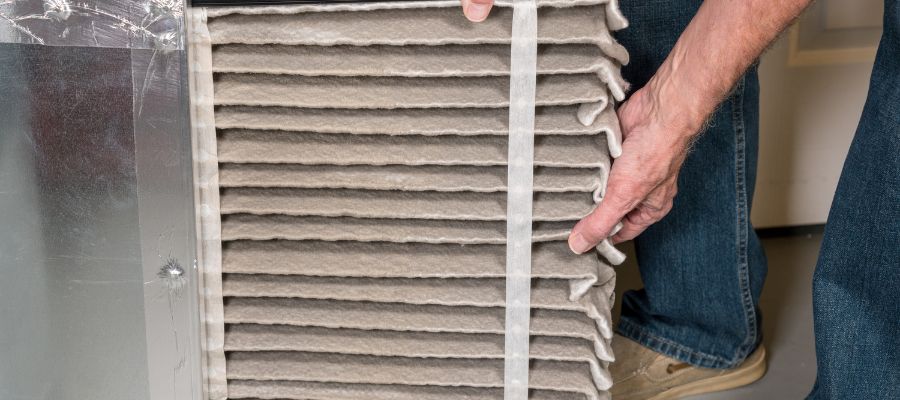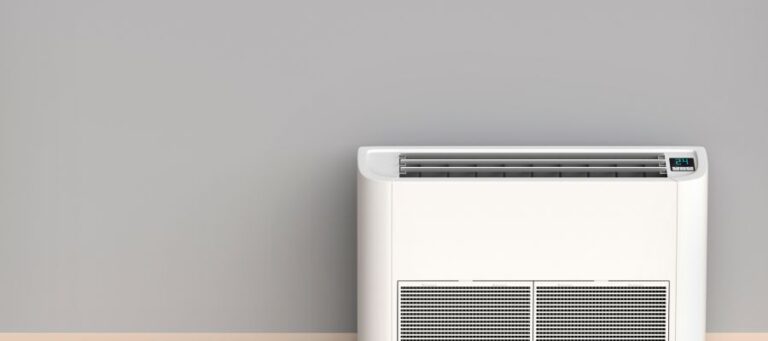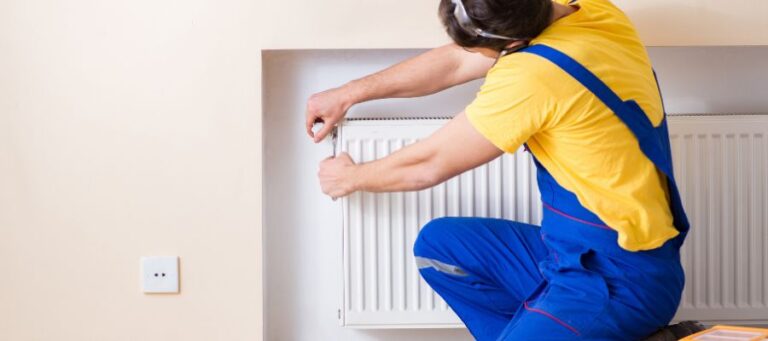

HVAC Services
Get Professional Repairs From The Area's Trusted HVAC Technicians. Ask About Our Services! We Offer Professional Heating & Cooling System Repairs And Guarantee Long-Lasting Results.
Got Question? Call us: (850) 678-2665Financing
The Ultimate Guide to HVAC Ductwork Optimization: Enhancing Efficiency and Indoor Air Quality

HVAC (Heating, Ventilation, and Air Conditioning) systems are critical to maintaining comfort and air quality in both residential and commercial buildings. A significant component of these systems is the ductwork, responsible for transporting air throughout the structure. This article aims to provide a comprehensive guide on HVAC ductwork optimization – a process designed to enhance the system’s efficiency and indoor air quality.
Understanding the Basics of HVAC Ductwork
At its core, HVAC ductwork serves as the circulatory system of any heating, ventilation, and air conditioning system. Comprising various components like ducts, vents, plenums, and air handlers, the ductwork ensures the efficient movement of air throughout the building. Its proper functioning is vital in maintaining indoor temperature and air quality.
The Crucial Role of Ductwork Design
When designing an HVAC system, the ductwork’s layout, size, shape, and material are crucial considerations. For instance, undersized ducts can lead to inadequate heating or cooling and high energy consumption. Similarly, the use of improper materials can lead to heat loss and compromised air quality. Therefore, proper ductwork design is fundamental to the system’s overall performance and efficiency.
Best Practices for HVAC Ductwork Installation
HVAC ductwork installation involves a series of precise processes, including duct and vent placement, ensuring proper sealing, and balancing airflow. A well-executed installation can significantly contribute to the system’s energy efficiency and the building’s overall comfort levels.
Techniques for HVAC Ductwork Optimization
HVAC ductwork optimization involves various techniques aimed at improving system efficiency and indoor air quality. This includes sealing duct leaks, insulating ducts to prevent heat loss, and balancing airflow for consistent temperature throughout the building. Employing these techniques results in HVAC energy savings and contributes to a more sustainable living or working environment.
HVAC Maintenance: Ensuring Longevity and Efficiency
Regular maintenance and cleaning of HVAC ductwork are essential to its longevity and efficiency. This includes regular inspections for leaks, buildup of dust and debris, and imbalances in airflow. Troubleshooting common ductwork problems and conducting timely repairs can prevent costly system breakdowns and enhance indoor air quality.
Here are some of the main points to consider:
Extending HVAC Lifespan
Ensuring the longevity and efficiency of HVAC systems means keeping them in good working condition, optimizing their performance, and extending their lifespan.
HVAC Systems Regular Maintenance
HVAC systems require regular maintenance, such as changing or cleaning the air filter, clearing the outside unit, inspecting the electrical connections and contacts, cleaning the drain lines, and scheduling annual tune-ups with a professional technician.
The Future of HVAC: Trends and Innovations in Ductwork Optimization
With advancements in technology, the HVAC industry is continually evolving. Innovations in ductwork design and optimization tools are leading to more efficient and intelligent HVAC systems. Trends such as smart HVAC systems that utilize IoT and AI technologies for predictive maintenance, energy management, and automation are shaping the future of HVAC.
Conclusion
HVAC ductwork optimization is a comprehensive process involving design, installation, optimization techniques, and regular maintenance. As a significant contributor to energy efficiency and indoor air quality, its importance cannot be overstated. The future of HVAC points towards greater efficiency and integration of smart technologies, which will continue to revolutionize this essential service.



